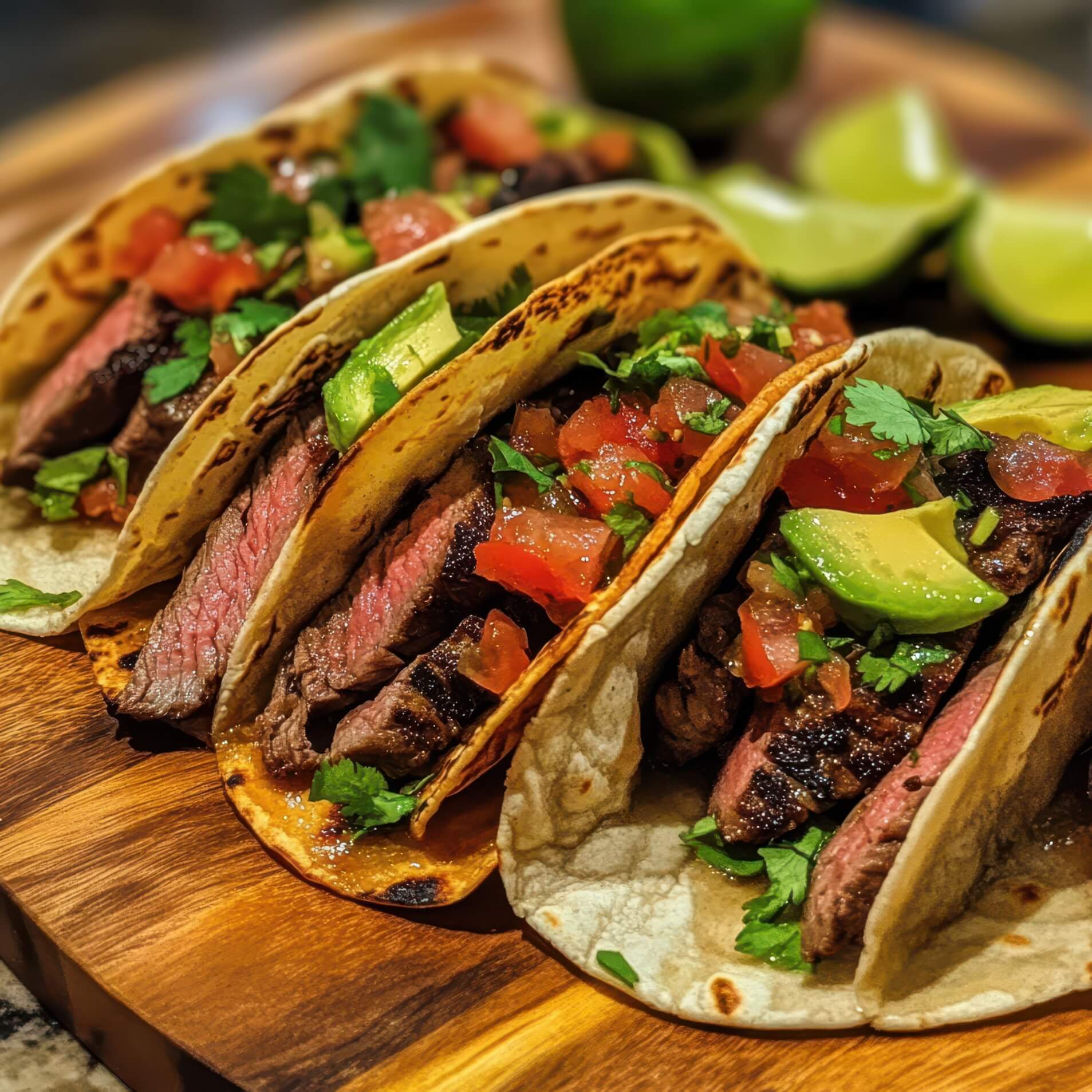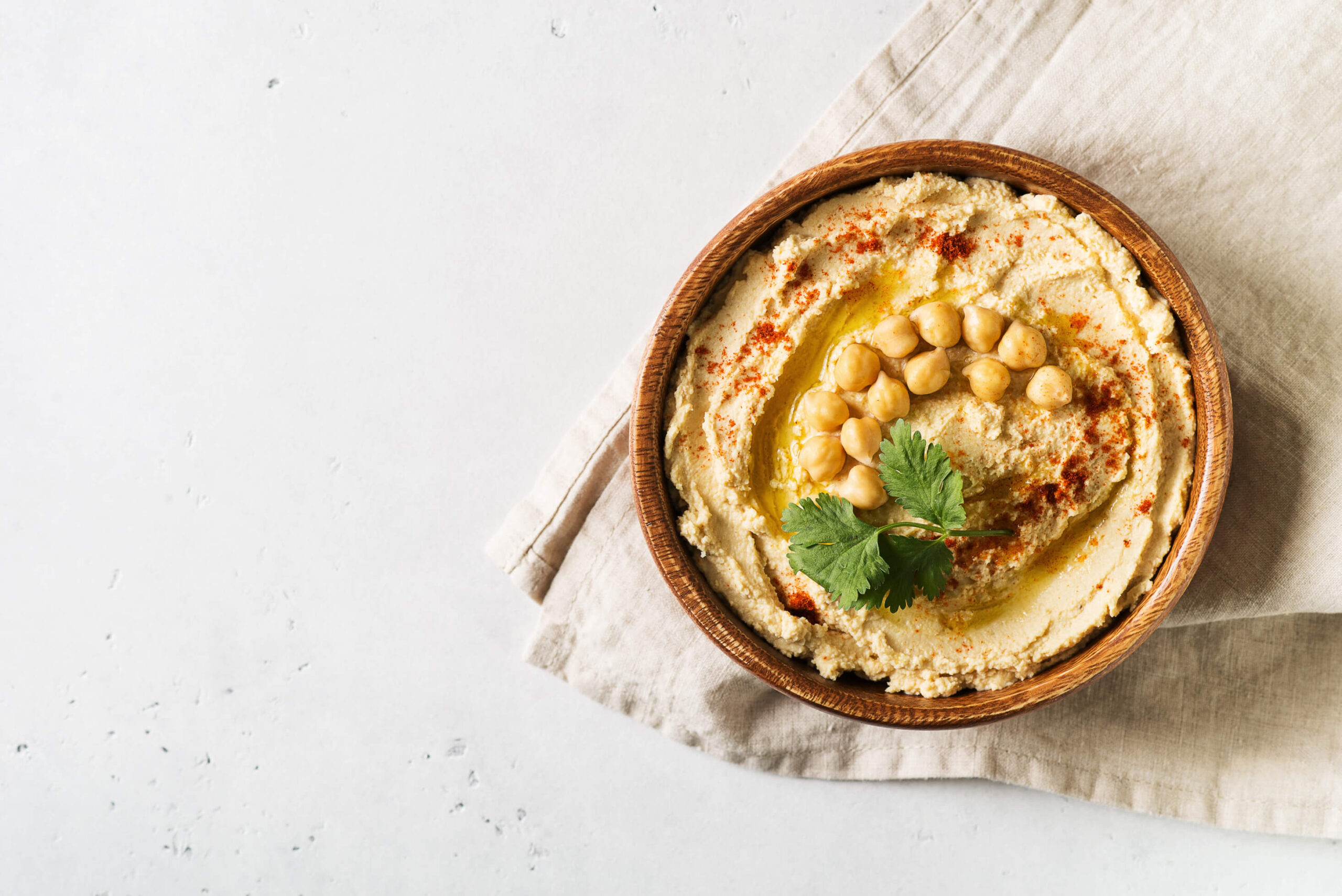Food as Medicine: A Natural Approach to Blood Sugar Balance

In a time when rates of diabetes and prediabetes continue to rise, the importance of blood sugar control has never been more critical. While medication plays a role in management, many overlook one of the most powerful tools available: food. Using food as medicine isn’t just a trend—it’s a scientifically proven strategy to regulate blood sugar naturally and improve overall health. Blood sugar, or glucose, is the body’s main source of energy and comes primarily from the carbohydrates we eat. Insulin, a hormone produced by the pancreas, helps regulate these levels by moving glucose into cells after meals. However, when this system becomes inefficient—often due to poor diet, inactivity, or chronic stress—blood sugar stays elevated, potentially leading to insulin resistance, weight gain, fatigue, and eventually Type 2 diabetes. Even without a formal diagnosis, stabilizing blood sugar can benefit mood, energy, sleep, hormone balance, and long-term disease prevention.
Whole, minimally processed foods are essential for regulating blood sugar. These foods are rich in fiber, healthy fats, and protein, which slow digestion and the absorption of sugar into the bloodstream. Fiber-rich options like leafy greens, lentils, oats, and sweet potatoes help reduce glucose spikes after meals while also feeding beneficial gut bacteria that aid glucose metabolism. Healthy fats from avocados, nuts, seeds, and olive oil add satiety and reduce the glycemic load of meals. Protein from eggs, fish, or quality meats further stabilizes blood sugar by slowing carbohydrate breakdown. Choosing foods with a low glycemic index (GI)—a measure of how quickly a food raises blood sugar—such as most non-starchy vegetables, legumes, beans, and whole grains, is another helpful strategy. Creating well-balanced meals that include protein, carbohydrates, and fats results in a lower glycemic load (GL), which reflects the overall blood sugar impact of a meal.
Certain foods offer even more targeted support. Cinnamon, for example, has been shown to improve insulin sensitivity and lower fasting glucose levels with just half a teaspoon per day. Apple cider vinegar, when taken before or after meals, can blunt blood sugar spikes—particularly after high-carb dishes—due to its high acetic acid content. Shelly Hansen, Center Store Sales Manager for Strack & Van Til, shares her insights on these powerful tools: “Apple cider vinegar is a reliable component in helping people balance their blood sugar levels. Although it should always be diluted because it is highly acidic, it is recommended to mix 1 tablespoon with a cup of water before drinking.” She adds, “Ceylon cinnamon is another excellent natural remedy to stabilize blood sugar levels. If you don’t want to take cinnamon tablets, use cinnamon to season your meals—it’s great in baked goods, on meat or fish, or in beverages like tea or smoothies.” Both of these products are available in a variety of brands and sizes at Strack & Van Til locations.
Other blood sugar-friendly foods include berries, which are high in fiber and antioxidants yet lower in carbohydrates, making them a great fruit choice. Legumes like beans, lentils, and chickpeas are packed with both fiber and protein, ideal for sustained energy. Magnesium-rich foods, such as dark leafy greens, pumpkin seeds, almonds, black beans, and even dark chocolate, support insulin regulation. While no food is magic on its own, consistently incorporating these nutrient-dense options lays the groundwork for better blood sugar control.
Beyond food choices, timing and habits around meals also matter. Eating regular, balanced meals helps prevent sharp blood sugar swings and curbs excessive hunger. Skipping meals—especially breakfast—can backfire, often leading to overeating and higher glucose spikes later in the day. Portion control is important, too; even healthy foods can disrupt blood sugar when consumed in excess. Mindful eating—slowing down, chewing thoroughly, and paying attention to hunger signals—can help avoid overeating. Staying hydrated is another simple yet powerful tool; water supports cellular function and helps the kidneys flush out excess sugar. Optimal hydration also requires sufficient intake of electrolytes like sodium, potassium, calcium, and magnesium. Light movement after meals—such as a 10- to 20-minute walk—can significantly reduce blood sugar levels by helping muscles utilize glucose more efficiently, leaving less in the bloodstream.
Just as certain foods help regulate blood sugar, others can do harm. To maintain stable levels, it’s important to limit refined carbohydrates like white bread, pastries, and pasta, which break down rapidly into sugar. Added sugars—found in sodas, energy drinks, candy, and even some granola bars or yogurts—can cause sharp spikes, so always check food labels. Highly processed foods often contain hidden sugars, unhealthy fats, and preservatives that contribute to insulin resistance. Excessive alcohol also interferes with glucose metabolism and liver function, as the body prioritizes processing alcohol (considered a toxin) over all other energy sources.
Ultimately, food is one of the most powerful forms of medicine when it comes to blood sugar control. By focusing on whole foods, nutrient-rich ingredients, and smart eating habits, you can take a natural and effective approach to improving your health. Small, sustainable changes can lead to lasting benefits in energy, mood, and disease prevention. Your next meal is more than just fuel—it’s a step toward better vitality and lifelong wellness.
Related Blogs
-

Be the big game party MVP with meat, seafood, deli favorites from…
All eyes will be on the TV as fans gather for the biggest football showdown of the year, and the…
-

Help pump up the American Heart Association with your support through Strack…
February is here and thanks to Valentine’s Day, we see heart shapes everywhere. That’s why it’s apropos that February is…
-

Food is Medicine: Healing the Heart Through Nutrition
Heart health isn’t built overnight—it’s shaped by the small, daily choices we make at the table. The Food Is Medicine…







